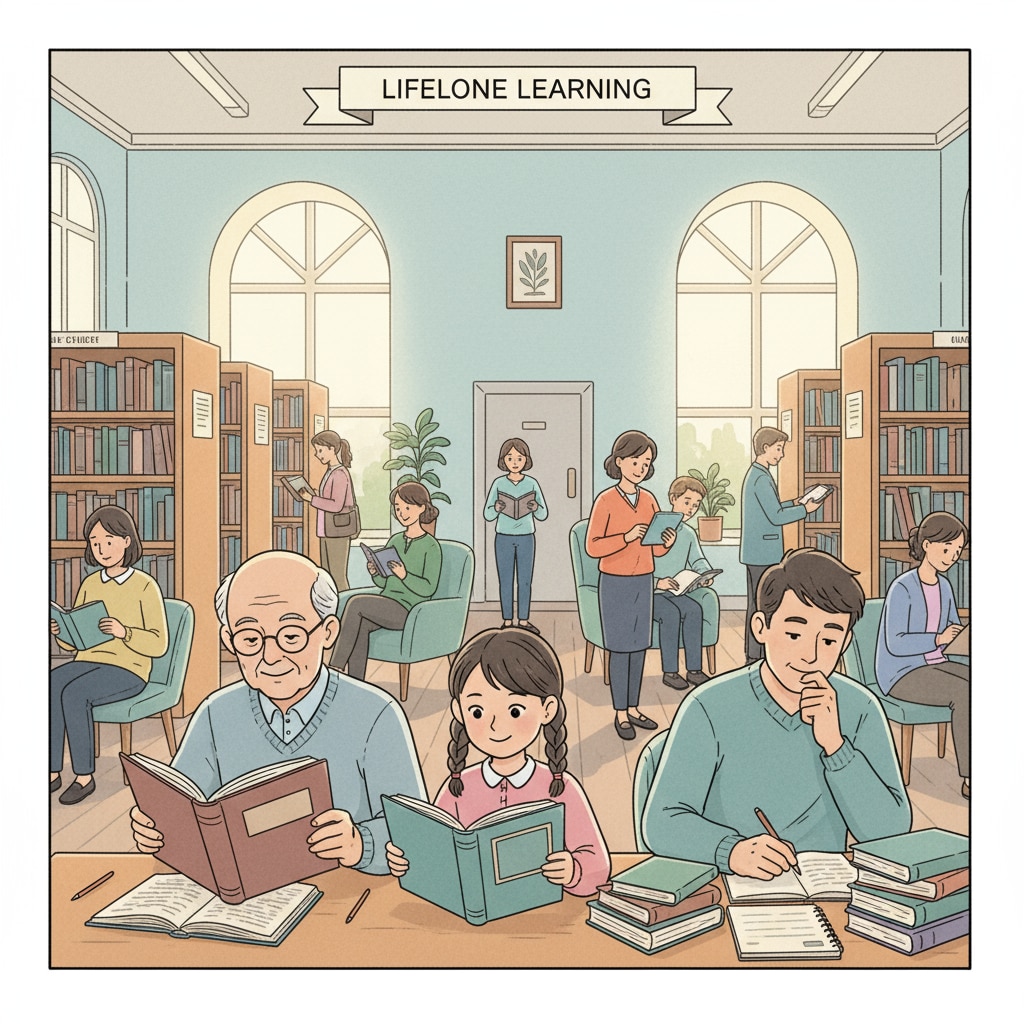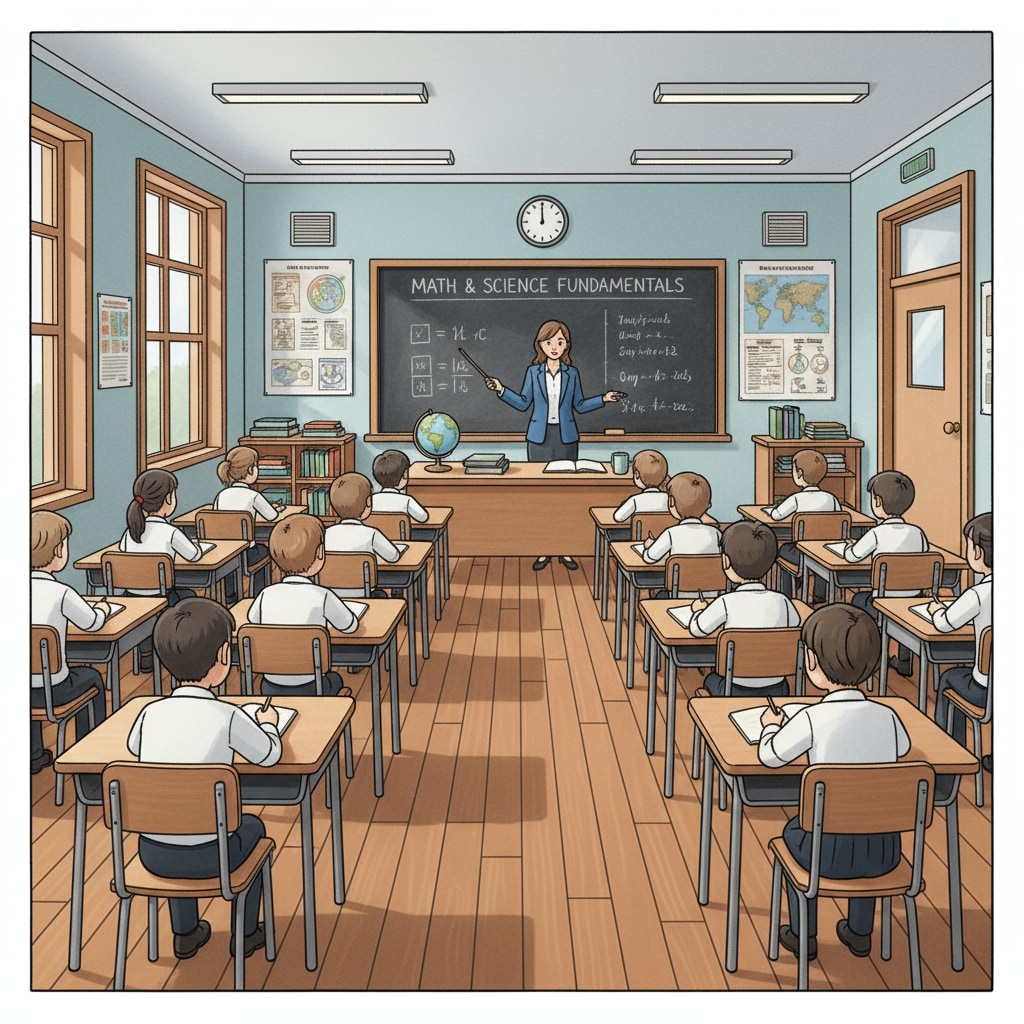Lifelong learning, formal education, and life experiences are integral parts of an individual’s educational journey. In today’s rapidly evolving world, the traditional view of education as a one – time event within the confines of a school or university is being challenged. Modern society demands that individuals continuously adapt, learn new skills, and expand their knowledge bases throughout their lives. This shift in perspective has led to a re – evaluation of the relationship between lifelong learning and formal education, as well as the role of life experiences in shaping one’s understanding of the world.

The Limitations of Formal Education
Formal education, while essential, has its limitations. It often follows a standardized curriculum designed to meet the needs of a large number of students. As a result, it may not fully accommodate the diverse interests and learning paces of individuals. For example, in a traditional classroom setting, students are expected to learn at a set pace, regardless of their unique learning styles. This can lead to some students feeling left behind, while others may find the material too simplistic. Moreover, formal education typically focuses on academic knowledge and skills, neglecting practical life skills and emotional intelligence. Formal education on Wikipedia

The Essence of Lifelong Learning
Lifelong learning, on the other hand, is a more inclusive and personalized approach to education. It encompasses learning that occurs outside of formal institutions, such as through self – study, online courses, workshops, and real – life experiences. Lifelong learning allows individuals to pursue their interests at their own pace and in their own way. It encourages curiosity, creativity, and the development of critical thinking skills. For instance, an individual might take up a new language in their free time, learn a musical instrument, or study a new field of science. This type of learning is not bound by the constraints of a formal curriculum but is driven by personal motivation. Lifelong learning on Britannica
Life experiences also play a crucial role in the process of learning. Every experience, whether it’s traveling to a new place, taking on a new job, or facing a personal challenge, offers an opportunity to learn and grow. These experiences provide practical knowledge, enhance problem – solving abilities, and contribute to the development of wisdom. For example, traveling can expose individuals to different cultures, languages, and ways of life, broadening their perspectives and increasing their cultural awareness.
Readability guidance: As we can see, formal education provides a foundation, but lifelong learning and life experiences are what truly enrich our educational journey. By recognizing the value of each and finding a balance between them, we can create a more fulfilling and effective learning experience. In addition, we should encourage a culture that values continuous learning, regardless of age or educational background. However, achieving this balance requires a shift in our mindset and a willingness to embrace new opportunities for learning.


